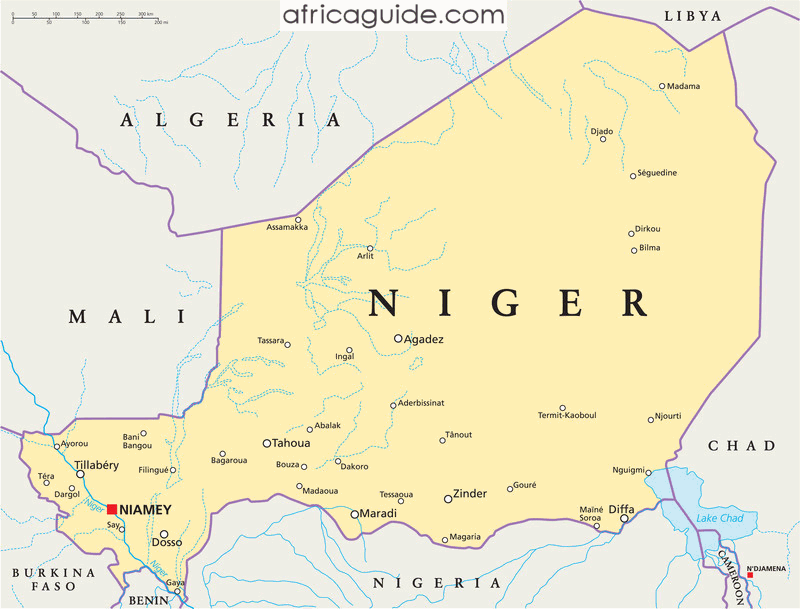The Republic of Niger has begun enforcing restrictions on Nigerians traveling with the ECOWAS passport, barring entry for those without a valid international passport.
This move follows the country’s recent withdrawal from the Economic Community of West African States (ECOWAS) alongside Mali and Burkina Faso, marking a significant shift in regional diplomatic and economic relations.
A New Barrier in a Longstanding Relationship
Despite maintaining an open border with Nigeria, new immigration measures are being implemented at key crossings such as Illela (Nigeria) and Konni (Niger).
Cross-border traders and commuters now face difficulties as Nigerien authorities refuse to recognize the ECOWAS passport as a valid means of identification.
This decision raises concerns about the long-standing economic and social ties between the two nations, as thousands of Nigerians and Nigeriens rely on the free movement framework for trade and daily activities.
Alhaji Mansur Abdullah, a trader who frequently travels between the two countries, confirmed the development, stating, “I believe there is a move to abolish the ECOWAS passport as a means of traveling here. They have started harassing us if we are entering the country. Some of our people are being turned back home.”
Economic and Social Implications
Trade between Nigeria and Niger has been historically robust, with both nations benefiting from the exchange of goods such as livestock, grains, textiles, and petroleum products. However, with the latest restriction, traders and transporters now face uncertainties and additional costs. Reports indicate that border officials in Niger have begun demanding bribes ranging from 5,000 to 10,000 CFA to allow those with ECOWAS passports to pass, exacerbating an already fragile economic situation.
Abubakar Isa, a commercial driver on the Illela-Konni route, stated, “Security officials in Niger now exploit the situation to extort travelers. They demand money before allowing passage, and if you can’t pay, they take you to their office and pressure you to pay a bribe.”
Although Niger’s withdrawal from ECOWAS has not yet resulted in a complete border closure, traders fear that prolonged travel restrictions may disrupt commerce, leading to price inflation and supply shortages in both countries.
Diplomatic Repercussion
Nigeria and Niger share deep historical, cultural, and economic ties. Both countries have cooperated on security, trade, and regional stability. However, Niger’s recent decision to cut ties with ECOWAS and impose stricter immigration measures could strain diplomatic relations.
The move also signals a shift in Niger’s foreign policy, which aligns with Mali and Burkina Faso in distancing themselves from the West African bloc. This could weaken ECOWAS’ influence in the region and challenge Nigeria’s role as a key regional player.
Joel Ahofodji, Head of Communication at the ECOWAS Commission, stated that the regional bloc was unaware of Niger’s new policy, raising questions about the level of diplomatic engagement between Niger and its former ECOWAS partners.
Uncertain Future for Nigeria-Niger Relations
Although there is no official communication from the Nigerien government confirming a complete ban on ECOWAS passports, affected travelers fear that the situation could worsen. If left unresolved, this could lead to increased tensions between the two nations, further complicating trade, security cooperation, and cross-border interactions.
As the situation develops, it remains to be seen whether diplomatic efforts can restore normalcy and preserve the historically close ties between Nigeria and Niger.

